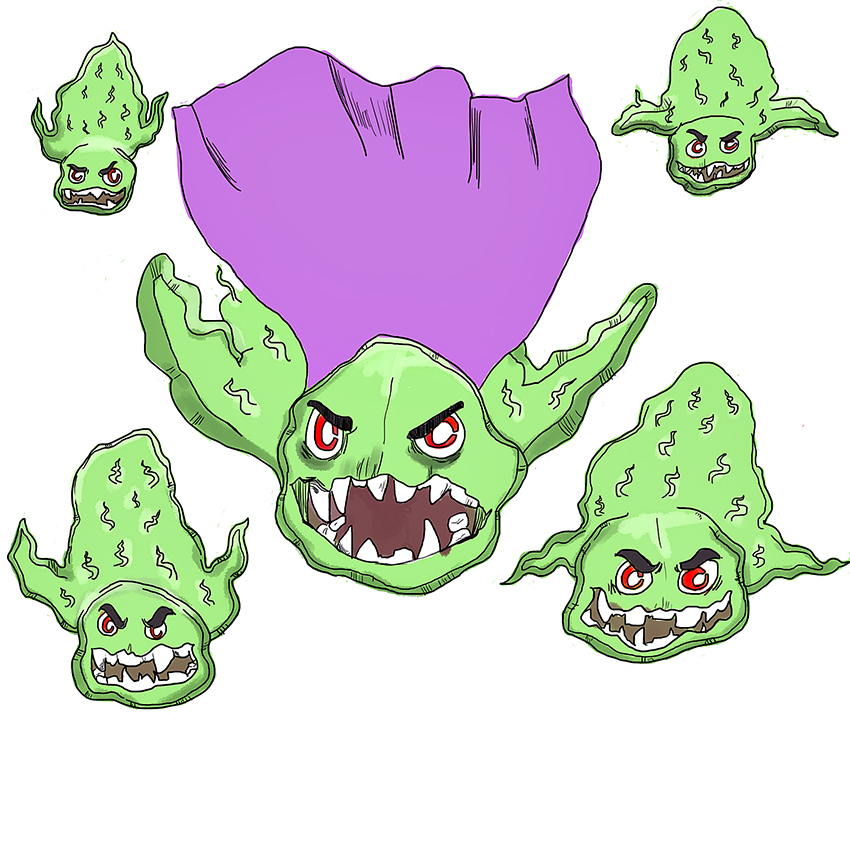Is it a bird? Is it a plane? Not quite — it’s another superbug.
Doctors recently detected a new type of superbug in a patient during her visit to treat a urinary tract infection. While not a new problem, this superbug acts as another indicator of the path toward the potential futility of antibiotics.
A superbug is any type of bacteria that is resistant to the use of common antibiotics. This specific superbug is a strain, or subset, of E. coli.
Richard Meyer, molecular biosciences professor in the College of Natural Sciences, said that this superbug is resistant to colistin, a last-resort antibiotic that has been effective against superbugs in the past.
Dr. William Tierney, chair of the Department of Population Health at the Dell Medical School, said that the bacteria’s quickly evolving resistance to antibiotics stems from the prevalence of unnecessary antibiotic usage, especially in medical prescriptions and agriculture.
Oftentimes, patients feel like they are not being treated if they do not get medicine, said Meyer. Tierney said that to solve this problem, patients ought to listen to their doctors when they suggest that an antibiotic will not help fix the patient’s condition.
“If we [physicians] are giving an antibiotic, we need to ask, ‘Do we really need this? Will it help?’ rather than just assuming it will help,” Tierney said. “All medicines have harm, so you really ought to have some likelihood of benefit if you’re going to take the risk of harm.”
Meyer said that antibiotics used in the agriculture industry have also contributed to the rise in antibiotic resistance. While the American agriculture industry does not specifically use colistin, livestock are given other antibiotics to promote growth and fend off infections while in the farms.
“A year ago in China, scientists noticed that there was resistance in the bacteria of the pigs to colistin, and this resistance appeared in the human population,” Meyer said. “It did not raise a lot of alarms, although it should have.”
Normally, humans have a symbiotic, or mutually helpful, relationship with bacteria.
“You probably have over 7 billion E. coli living in your colon right now, and it’s part of the normal floor of the colon,” Tierney said.“If you didn’t have gut bacteria, you wouldn’t clot blood.”
Bacteria replicate extremely quickly and often have plasmids, small DNA molecules that can be copied from one strain of bacteria to another through a process called conjugation. Antibiotic resistance genes are often encoded on plasmids.
This indiscriminate spreading of genes presents a huge danger for waging this evolutionary battle, said Jeffrey Barrick, molecular biosciences professor in the College of Natural Sciences.
Barrick said that the battle between humans and superbugs will continue. However, new advances in bacterial genome sequencing allow doctors to better track infectious spreads in certain hospital bacteria outbreaks.
“I think it’s really exciting that we have a lot more information about ‘Oh, you got this bacteria from this person,’ even when the bacteria have picked up a mutation between you and me that’s given it an additional resistance,” said Barrick.
Tierney said a radical and coordinated global movement is necessary to contain the prevalence of antibiotic resistance.
“Where we’re going, we are going to have to isolate every patient in the hospital, which makes it really hard to care for them. I’m going to have patients who are suffering these terrible infections that I can’t do anything for,” Tierney said. “As a hospital physician, nothing scares me more than this. Because I can see it coming.”
Correction: An earlier version of this article incorrectly defined plasmids as genes that are not encodable. Plasmids are molecules on which antibiotic resistance genes are often encoded. Also, the patient's checkup was not routine, contrary to our original reporting. This article has been updated throughout.















